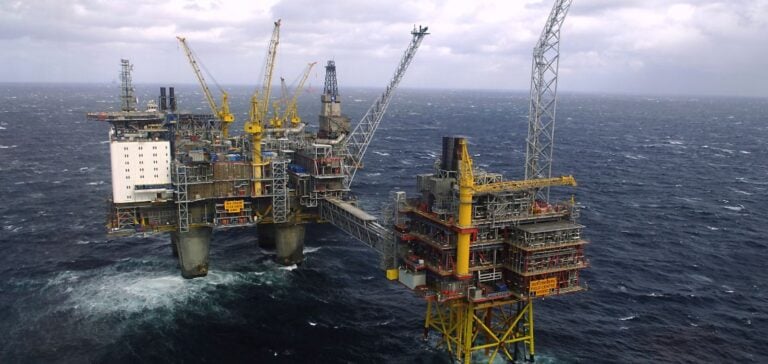Nigeria, which holds approximately 37 billion barrels of oil and 208.62 trillion cubic feet of natural gas, has formalized its accession to the BRICS partnership program (Brazil, Russia, India, China, South Africa). Recent announcements from the Nigerian Ministry of Foreign Affairs confirm this West African country’s determination to consolidate its position on the global energy scene. Its integration expands commercial relationships beyond traditional Western markets and optimizes access to funding aimed at modernizing its oil and gas infrastructure.
Due to its production of around 1.48 million barrels of oil per day, Nigeria remains a key voice within the Organization of the Petroleum Exporting Countries (OPEC) and the Gas Exporting Countries Forum (GECF). Local authorities point out that 71% of the population lacks reliable electricity, while local businesses face annual losses of $25 billion. Confronted with these challenges, the BRICS partnership opens the door to diverse projects and payment mechanisms designed to reduce dependence on the dollar.
Proliferation of multilateral agreements
In recent years, several agreements have been concluded to revitalize Nigeria’s energy mix. China, the country’s primary bilateral creditor with $5 billion in loans, is supporting railway infrastructure and a deep-water port, while expanding investments in hydropower and solar energy. The China National Offshore Oil Corporation (CNOOC) is thus increasing its foothold in Nigeria’s gas and oil sector. Moreover, a 700 MW dam has been commissioned under the Zungeru project, partially financed by Chinese institutions.
Nigeria has forged partnerships with Russia to introduce nuclear energy through the construction of a planned 1,200 MW power plant, and to develop gas pipelines in collaboration with Gazprom. Relations with India focus on the supply of hydrocarbons: crude oil and liquefied natural gas imports meet the subcontinent’s growing demand. Meanwhile, Brazil and South Africa are discussing the maintenance of electrical grids and the promotion of renewable energy sources.
Financing solutions and diversification
Credit opportunities from the New Development Bank (NDB) back rural electrification, grid expansion, and the modernization of storage terminals. A $1.5 billion loan has been approved to strengthen the integration of renewable energy into the national mix. Nigerian authorities plan to develop gas liquefaction technologies to further leverage their reserves, curb flaring, and capitalize on rising external demand.
The locally adopted Petroleum Industry Act (PIA) aims to clarify taxation and enhance transparency in the sector, attracting foreign capital. In this context, China and India intend to set up refinery and liquefaction facilities directly on Nigerian soil, thus avoiding mere crude exports. Supported by the BRICS Development Bank and certain public funds, these initiatives also target a more gradual transition toward sustainable energy sources.
Impacts on the markets and prospects
Members of the bloc strive to reduce their reliance on dollar-based transactions, a feature that strongly appeals to Nigeria. Discussions on the use of local currencies and alternative banking systems are already underway. Meanwhile, some observers note that the price of a barrel has surpassed $80, heightening the appeal of diversifying buyers.
Mid-term prospects point toward deeper integration of Nigeria into the BRICS+ strategy, with the possibility of boosting trade outside Western markets and strengthening the bloc’s position in global energy flows. Local representatives indicate that these alliances provide a conducive framework for improving infrastructure and stabilizing demand for both oil and gas. Government policymakers finally believe that the emergence of a more multipolar international market may stimulate access to financing, while encouraging technological autonomy in local energy industries.






















